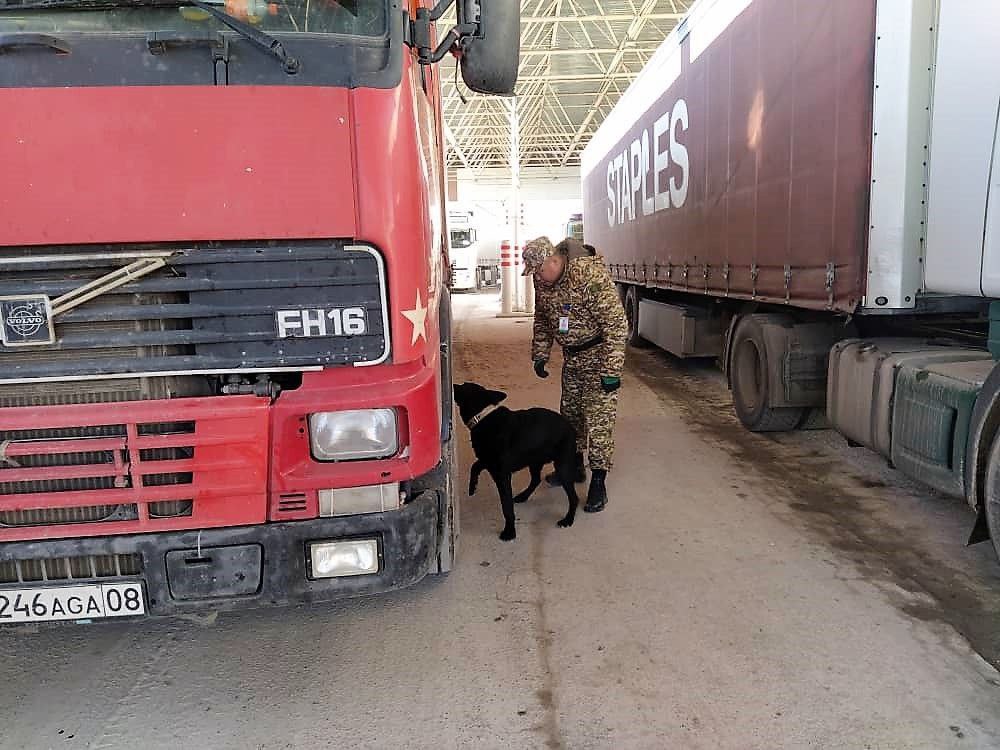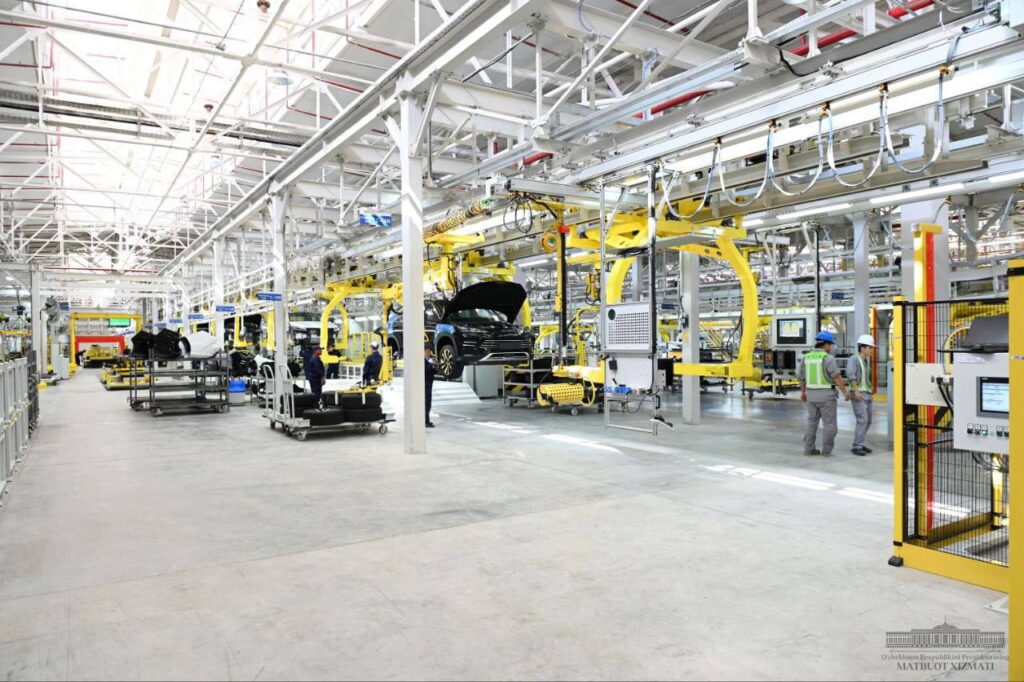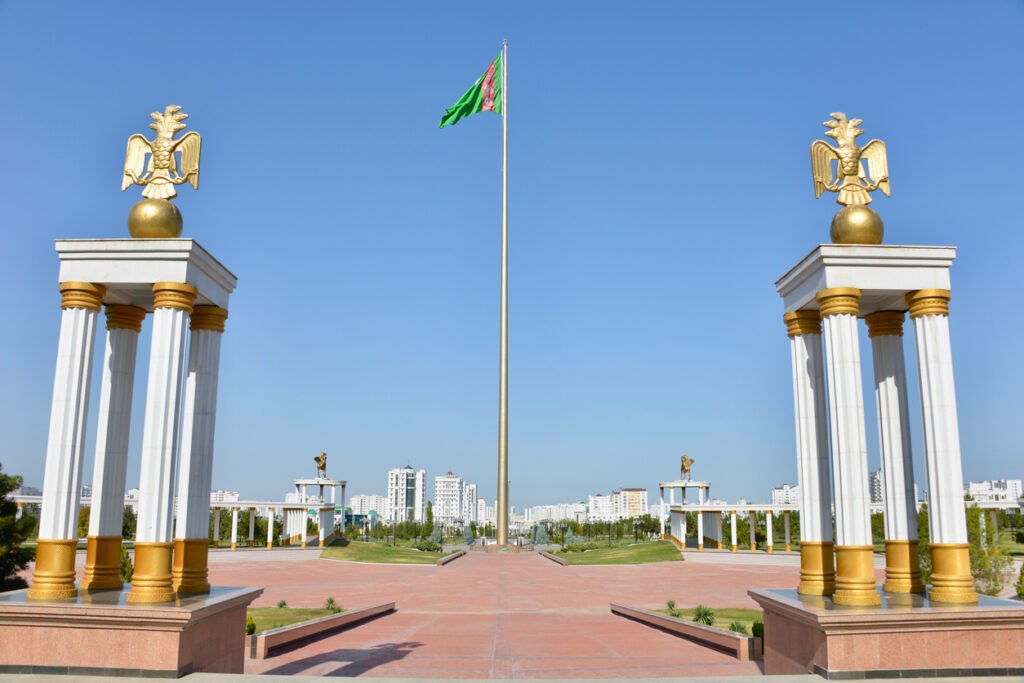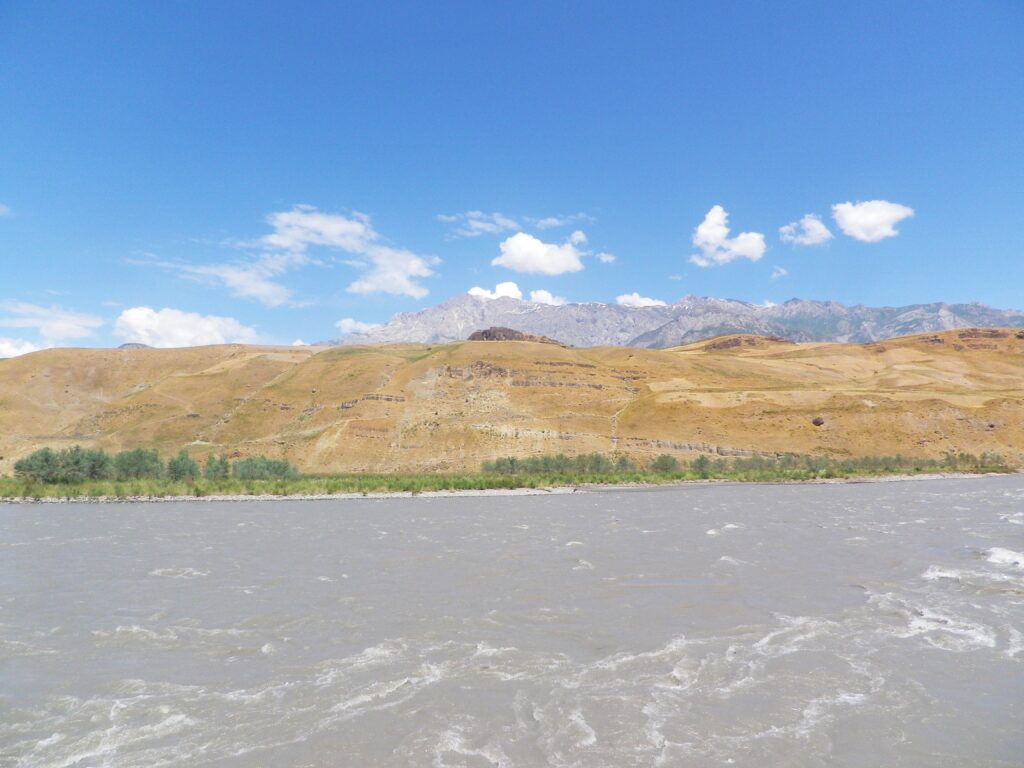At the main vehicle checkpoint in Kyrgyzstan for crossing into Kazakhstan, the Ak-Tilek checkpoint, border guards counted 430 trucks queuing, while only 342 vehicles passed through the checkpoint yesterday. At the neighboring checkpoint on the border with Kazakhstan, about 90 trucks are in line.
Customs officers on both sides deny involvement in the traffic jams that have formed at the border. All checkpoints on the Kyrgyzstan-Kazakhstan state border are operating normally, according to the Information and Communications Department of the Border Guard Service of the State National Security Committee of Kyrgyzstan. “Both from the side of the Border Service of the Kyrgyz Republic and from the side of the Border Service of the Republic of Kazakhstan there are no restrictions for the passage of cargo vehicles,” the Kyrgyz Border Service said.
Border guards attributed the queue at the border to the start of the spring season. Following the New Year holidays (February 10th-17th) in China, the transit of goods to Russia through Kyrgyzstan usually increases in spring, and agricultural products begin to appear, first meat and later, vegetables and fruit.
According to Kyrgyz border guards, cargo vehicles with perishable products and animals are crossing the checkpoint out of turn. For every day of idle time, merchants say, they lose more than a hundred dollars.
Queues of trucks are not uncommon at the Kyrgyz-Kazakh state border. There have been cases when truckers from Kyrgyzstan carrying cargo to Russia had to wait at the border for weeks. The reasons for these long queues can be attributed to numerous causes. For example, last summer about 500 trucks queued at the border, and representatives from the Eurasian Economic Commission came to the site to sort out the situation. Kazakh customs officers attributed the long wait to a special operation to catch drug traffickers. Another time, Kazakhstan’s customs officers didn’t allow trucks from Kyrgyzstan to pass without navigation seals – which are GPS-enabled locks on cargo containers – which would have helped Kazakhstani authorities track the movements of goods. Each time, the two sides blamed the other.
The Kyrgyz side believes that the Kazakhs artificially create obstacles at the border to weaken competition from Kyrgyzstan, and the Kazakh authorities accuse Kyrgyz truckers of unwillingness to comply with Astana’s requirements and submitting fraudulent documents for cargo. Because of this, both truck drivers and cargo owners suffer, especially if they are transporting fresh fruits and vegetables, which can spoil before reaching their destination, which is most often in Russia. Kyrgyz merchants claim to be looking for alternative routes to deliver their cargo to Russia.









